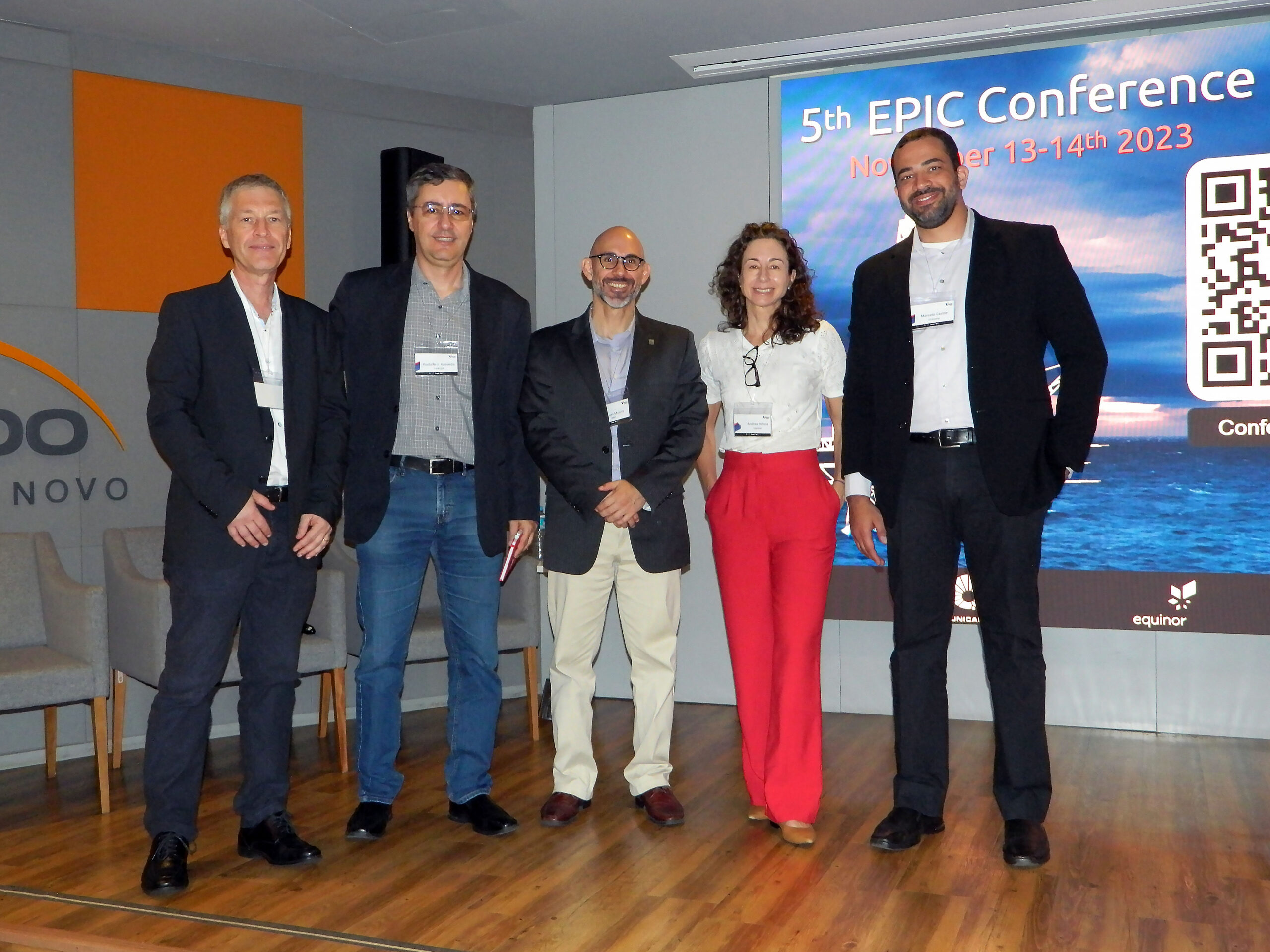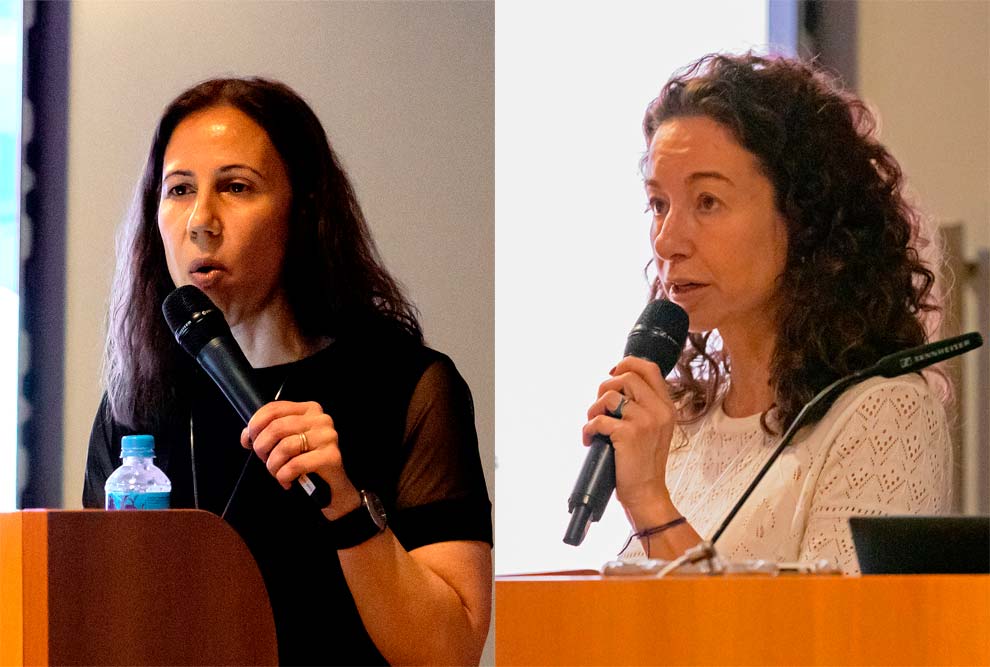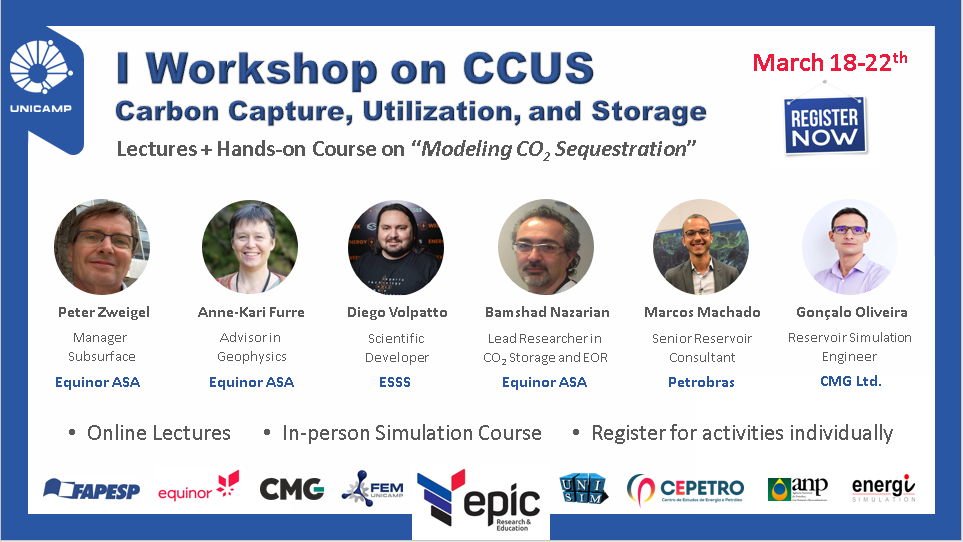On November 18, 2022, CEPETRO news outlet published a piece about the 5th EPIC Conference. The piece highlights that, in addition to being vital for energy security in the coming decades, knowledge competencies in the area of oil and gas are applicable and necessary for the energy transition.

Considering the urgency of the energy transition, renewable energies tend to be promoted as the only solution to mitigate the impacts of rising global temperatures and climate change. This not only does not fully reflect reality, but it is also leading students to lose interest in careers related to the oil and gas sector – a sector that will remain active for decades (given its importance to energy security) and whose knowledge competencies are applicable and necessary for the energy transition.
These were some of the main conclusions of the roundtable "The Future of the Oil and Gas Industry in Brazil in Times of Energy Transition," held during the 5th EPIC conference, which took place on November 13 and 14 in Campinas, Sao Paulo. The event was promoted by the Energy Production Innovation Center (EPIC), housed at the Center for Petroleum and Energy Studies (CEPETRO) at the University of Campinas (UNICAMP). The discussions involved specialists from Equinor Brasil, the National Agency for Petroleum, Natural Gas, and Biofuels (ANP), the Sao Paulo Research Foundation (Fapesp), and CEPETRO, and was moderated by EPIC’s scientific director, Prof. Denis Schiozer.
In general, students see the oil and gas sector as an area heading toward extinction, with no potential for future job creation. Prof. Marcelo Souza de Castro, director of CEPETRO, stated that at the research center and other affiliated centers, the number of renewable energy projects has been increasing. However, research on oil and gas still predominates, given the continuity of this industry's activities to meet global energy needs. Therefore, optimizing production in the sector, aiming at decarbonization, is vital.
On the other hand, the industry is no longer restricted to activities related to oil and gas. According to Andrea Achôa, manager of R&D at Equinor Brasil, the company's long-term investments are focused on both oil and gas and renewables.
"We are facing a shortage of students in engineering in general and in other disciplines important to the oil and gas sector and the energy transition. We need to think about how to bring students back to the university," warned the CEPETRO director. Rodolfo Jardim de Azevedo, president of the Fapesp Board of Trustees, recalled that, in addition to the lack of interest in engineering, there is competition from other sectors of the economy, such as banking, in recruiting engineers, which only worsens the problem.
The solution, according to the R&D manager at Equinor Brasil, is to improve communication with the younger generation, showing that careers in the energy sector, including oil and gas, play an important role in society.
Similar Competencies – Raphael Moura, superintendent of Technology and Environment at ANP, cited an international study from a market intelligence firm that compared engineering aspects between industries. "They found that the offshore wind, hydrogen, and biofuels industries have engineering processes very similar to those of the oil and gas industry. The same technologies, the same professionals, the same simulation software, and so on," he said.
In any case, the future depends on training more professionals in STEAM (Science, Technology, Engineering, and Mathematics), as pointed out by Prof. Alejandro Escalona Varela from the University of Stavanger, Norway – the first keynote speaker of the event. In his country, due to the shortage of professionals, the industry has been recruiting candidates without the proper qualifications; universities and research institutes are beginning to lose their competencies, new research is either stopped or never implemented, and reservoir knowledge is disappearing. A country like Norway, he said, could quickly lose its leadership in the oil sector because of this.
For the superintendent of Technology and Environment at ANP, regarding the energy transition, the challenge is to have a collaborative ecosystem, with open innovation and startups to provide quick solutions. And, of course, the regulatory framework needed to enable new technologies.
Academia-Industry Relationship – Collaboration between academia and industry was the subject of another roundtable (Closing the Gap Between Industry and Academia), which brought together specialists from Shell, the NORCE institute (Norway), Texas A&M (USA), and Equinor, moderated by the director of CEPETRO.
Alexandre Breda, manager of Low Carbon Technology at Shell, highlighted four aspects he considers fundamental to this relationship: an interdisciplinary approach, capable of integrating researchers from different areas; an innovation ecosystem to foster the creation of spin-offs; transparent and clear communication, aiming at common goals; and choosing the technologies (among the many being researched) with the greatest chances of success, those that will truly stand out.
Michael King from Texas A&M emphasized the importance of meetings between academics and industry professionals. Through these meetings, a common understanding (of ideas, challenges, and needs) is achieved, facilitating the joint development of projects and building trust. Among the challenges, he mentioned the importance of defining goals and steps towards them, ensuring that fundamental knowledge is well established, and advancing realistically step by step, discussing project results, reviewing plans, and next steps. For Ingebret Fjeld of NORCE, when a project is long-term, it is possible to build fundamental knowledge. Otherwise, it is better to seek a partner who already has it.
Article reproduced from: https://www.cepetro.unicamp.br/epic_conf-2023.html




